Men of Conscience
By Dr Asif Javed
Williamsport, PA
India was holding a general election in 1977. Indira Gandhi, the sitting PM was contesting her seat from Rae Bareli. Rae Bareli was to the Nehru clan what Larkana has been to the Bhuttos - a political fortress; their victory was almost a given. Against all expectations, however, Indira Gandhi lost that seat. A few days after the election, Kuldip Nayar, the renowned Indian journalist and former Indian high commissioner in the UK, went to meet Vinod Malhotra, the deputy commissioner, who had been the RO for that seat. KN writes:
I wanted to compliment him for the courage he had demonstrated in announcing Indira Gandhi’s defeat. He could not have had any inkling that Congress had been routed from the entirety of northern India. No radio broadcasts were permitted when counting was in progress nor were results announced till the evening. The DC’s residence was located at the back of his office. A person took in my card and Malhotra came out and guided me to his office. My question was simple: what persuaded him to decide to announce the result? He said that he could judge from the first round of counting that Indira Gandhi was losing. M. L. Fotedar, her agent, had got the ballots counted thrice. Om Mehra rang him twice and R.K. Dhawan thrice asking him not to declare the result.
Then Malhotra took me to his house where his wife with a small child in her lap was sitting on a charpai. He said that when Indira Gandhi’s defeat was confirmed and reconfirmed, he went to consult his wife. He told her that if he were to announce the result, they would have to face Indira Gandhi’s wrath because she would return through a bye-election. He presumed that her defeat was a freak and that the Congress Party would win the majority.
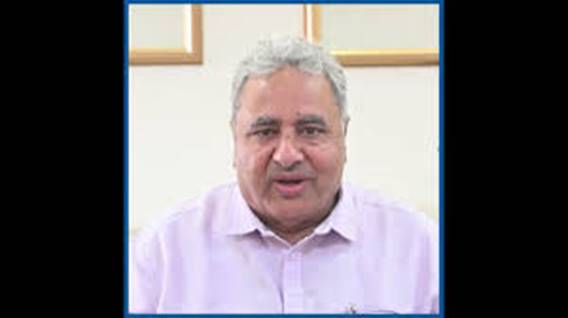
Vinod Malhotra
Malhotra’s wife told me that when he sought her advice, she told him: Hum bartan maanj lange magarbaimani nahi karenge (we shall wash dishes but not indulge in dishonesty). This gave him the courage to announce the result. After Indira Gandhi’s return to power in 1980, I reached him with great difficulty to find out if he was alright. He had been transferred to some routine posting outside Lucknow. He requested me not to contact him again as he has had ‘enough of it’.
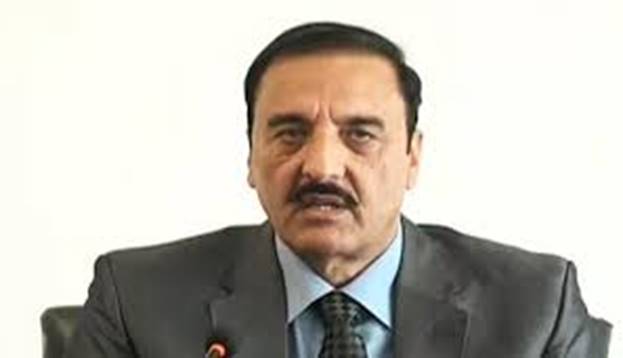
Liaqat Chatha
More than forty years after the above incident, the unthinkable did happen a few months ago in Pakistan. A civil servant courageously spoke of the blatant and widespread rigging in the recent general elections. His allegations were serious -very serious; he implicated the CEC and the Chief Justice (CJ) of the Supreme Court. Liaqat Chatha, Commissioner Rawalpindi, made a brief statement on live TV and asked for a public trial of himself, CEC, and CJ of the Supreme Court. As expected, he then vanished from the scene. This was an act of supreme courage and defiance coming from a senior bureaucrat. Although he was later made to retract his statement (almost certainly under duress), this still seemed like a watershed moment in the political history of Pakistan.
But let us go back into the wretched political history of the land of pure. We may not remember but there have been several other cases of such defiance over the years. Let’s revisit some:
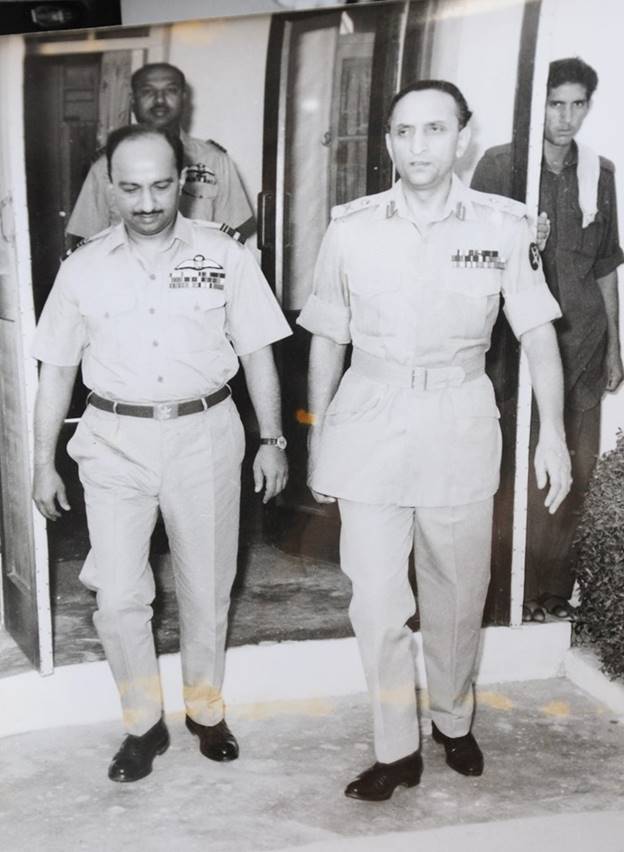
Sahibzada Yaqoob Ali Khan (right)
There was Sahibzada Yaqoob Ali Khan who served as Foreign Minister in the 80’s, and with distinction. Back in 1971, it was Yaqoob who as Military Governor of East Pakistan had advised unwise Yahya Khan against military action; he was removed from his post, demoted, and retired from service. A similar advice to Yahya Khan from Admiral Ahsan also fell on deaf ears. He too lost his post and was retired. Justice Amer Raza Khan was a respected judge of the Punjab High Court; he was among several judges who refused to take a new oath under Zia’s Martial Law and went home.
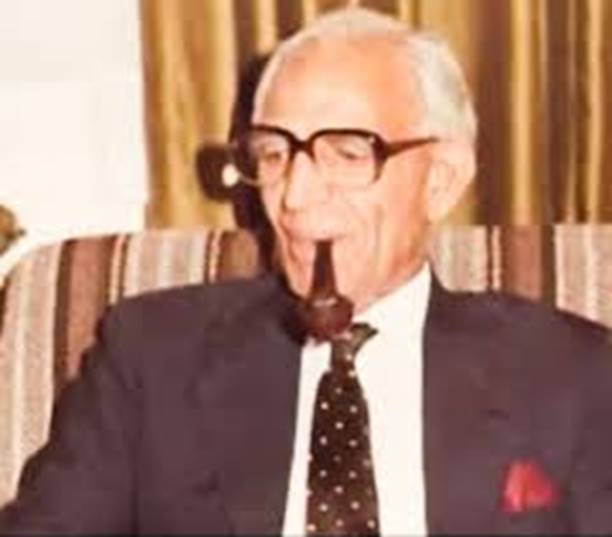
Justice Safdar Shah
Justice Safdar Shah had resigned as CJ of NWFP High Court during ZA Bhutto’s premiership. Sometime later, as Bhutto was about to be tried in the Supreme Court for the Kasuri murder case, Zia’s regime included Safdar Shah in the Supreme Court bench. Naturally, Zia expected Safdar Shah to have a grudge against Bhutto and do what Justice Maulvi Mushtaq Hussain (who also had a grudge against Bhutto) had done in the Punjab High Court. Justice Safdar Shah surprised many by being one of the three dissenting judges who acquitted Bhutto. He then went a step further and spoke to a BBC correspondent in Islamabad about the Supreme Court judgment. Justice Safdar Shah, a sitting judge of the highest court in the land, was subsequently subjected to so much harassment that he had to escape from Pakistan. One of the bizarre charges against him was that his matric certificate was counterfeit! Having given up his lucrative job and with no regular source of income abroad, he suffered from financial hardships. Qatil Shifai, a classmate of his from school, met him in London and notes that Justice Safdar Shah remained proud of his decision to the very end of his life. “I could not ignore the call of my conscience,” he told Qatil Shifai. He was destined to die of cancer abroad. His dead body returned to Pakistan.
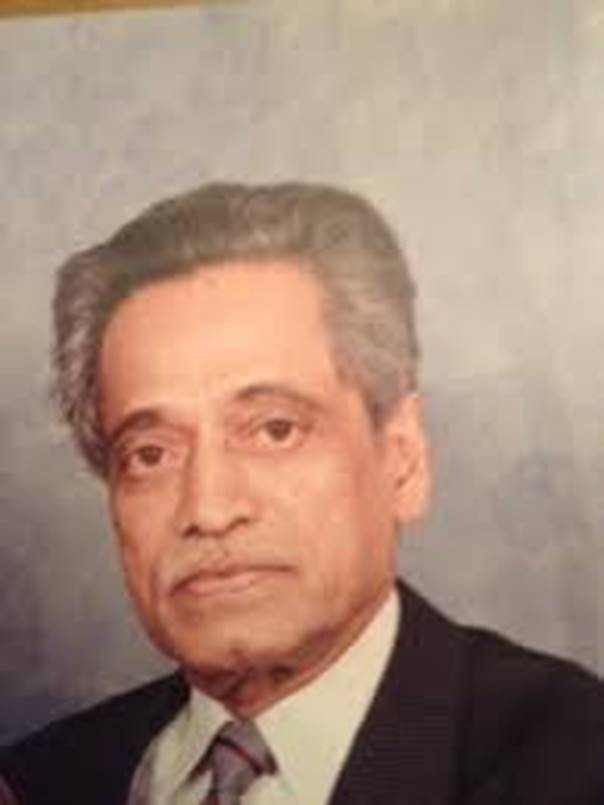
Justice Khwaja Mohammad Samdani
And then there was Justice Khwaja Mohammad Samdani. In 1977, during Zia’s martial law, he had acceptedZA Bhutto’s bail application in the Punjab High Court. “I had accepted it on merit,” he writes in his autobiography. “But I was considered a PPP sympathizer by some while others accused me of having accepted bribe. Not many in our nation were willing to believe that it was a decision based on merit alone; does this nation really deserve justice?” he writes with sadness. In March 1981, the military govt came up with a new oath for the judges of the higher judiciary that essentially asked for loyalty to the ML authorities rather than the constitution. Samdani was one of the few judges who refused to take the new oath and went home. At the time, the father of five had a grand total of Rs 300 in his bank account and did not own a house or property. He too ended up going abroad for several years and went through difficult times.
Qudratuuah Shahab , a senior and respected civil servant, annoyed Yahya Khan by making one statement against Martial Law and was banished from Pakistan. The stress of exile and financial worries made Ms Shahab sick who died abroad; the author of Shahabnama only considered it safe to return to Pakistan after Yahya Khan’s departure.
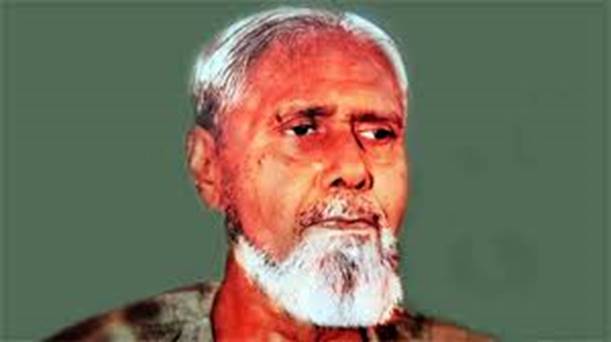
Qudratuuah Shahab
“He is one of the gallant few who helped save Pakistan in 1965.” This statement was made by Air Marshal Asghar Khan about AC Syed Sajad Haider. “A flamboyantcharacter with a quick wit and irrepressible daring,” he was expected by many to go far in the PAF. But then came November 1979. On that day, Zia had come to address what the military dictator used to call ‘my constituency’ in National Defense College, Rawalpindi. The audience was middle and high-ranking military officers. In his speech, Zia described the politicians as dishonest and incompetent and declared that “the armed forces will have to continue managing the country indefinitely until a nucleus of God-fearing good Muslims
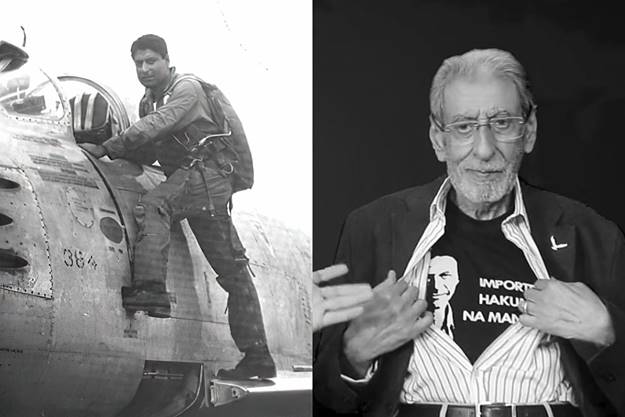
Air Commodore Syed Sajad Haider
enters politics,” writes Sajad Haider. “Just at that moment, as though overcome by an uncontrollable urge, I jumped up and addressed the president. My mind was so enraged that I froze for a few seconds. I asked him to allow me a brief statement. Some force was propelling me because, as I spoke, the words came steaming out of my mouth effortlessly.” Here are a few lines of what the daring PAF pilot told Zia that day in the presence of the top military brass:
The Pakistanis seem to live in a constant state of foreboding and terror of the intelligence agencies. These intelligence agencies have never told the truth. They are not telling the truth to you about the state of the hearts and minds of the nation…People have visible contempt for us and our uniform…I do not feel proud of wearing this uniform…This is not the way defenders should conduct themselves amongst their own people.”
The force that had made the once proud fighter pilot say Kalma-e-Haq that day was the inspiration that only men of conscience possess. The ordinary folks, like the majority of us - this scribe included - are immune from this gift. His PAF career came to a sudden end. At ninety, he was last seen waving the PTI flag in Islamabad during the Feb 2024 elections. Zia fell from the sky in 1988 in a blaze of fire. But if he were around today, one wonders what would he say about his goal of finding a nucleus of God-fearing and competent politicians. Just look at the list: Nawaz Sharif, Shahbaz Sharif, Mariam Nawaz, and above all Asif Zardari.
Faiz Ahmad Faiz spent years in jail and exile. It is to Faiz that the following discouraging statement is attributed: Hamare khayal mein to Pakistan bas aise hee chalta rehe ga. Unfortunately, Faiz was wrong - it
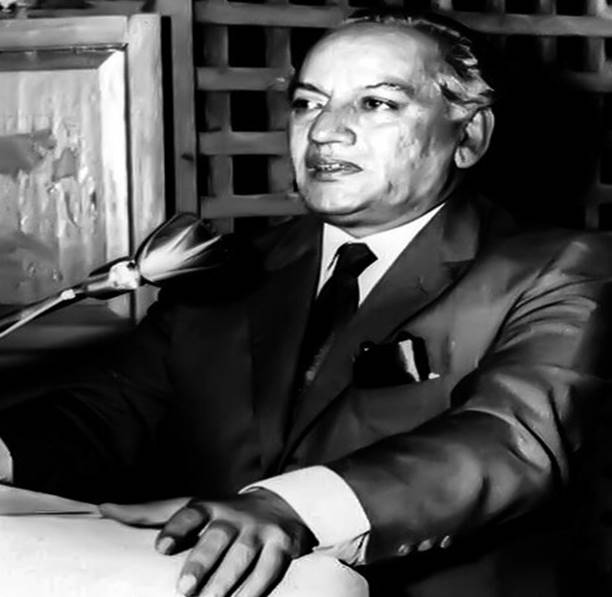
Faiz Ahmad Faiz
is getting worse. But this act of Liaqat Chatha has given us a reminder that men of honor still exist, even in Pakistani bureaucracy. Will some more come out? Only time will tell.
Back to Vinod Malhotra’s wife: Being a non-Muslim, she could not possibly have been aware of several reminders in the Qur’an to Muslims about telling the truth and following the straight path. By giving rock-solid support to her husband, who was wavering under pressure, she helped him make the right decision. That act of hers was in line with several Qur’anic injunctions. Now, compare that to what those at the helm in Pakistan have been doing recently (including those who claim to have memorized the Qur’an).
O You who have believed, be persistently standing firm in justice, witnesses for Allah, even if it be against yourselves or parents and relatives…so follow not personal inclination, lest you not be just. And if you distort your testimony or refuse to give it, then indeed Allah is ever acquainted with what you do--4:135.
References : Flight of the Falcon by Sajad Haider; Ghungroo Toot Gaye by Qateel Shifai; Beyond the Lines by Kuldip Nayar; Jaiza by Justice Samdani; Shahabnama by Qudratulah Shahab.
(The writer is a physician in Williamsport, PA and may be reached at asifjaved@comcast.net)

